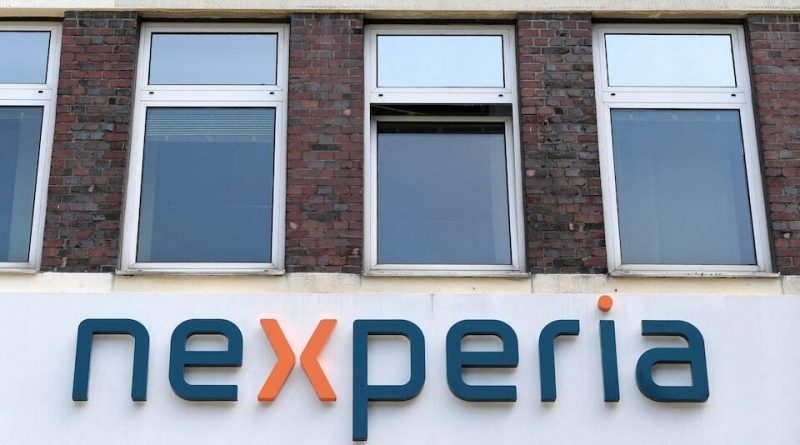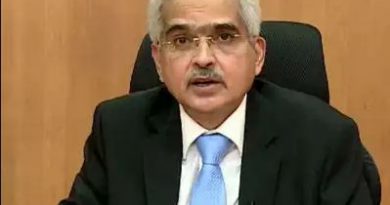German Auto Association Warns of Production Risk from Nexperia Dispute
Berlin — Germany’s powerful automotive industry association, the Verband der Automobilindustrie (VDA), has issued a stark warning that an escalating dispute involving Dutch chipmaker Nexperia, its Chinese parent company Wingtech Technology, and the Dutch government could soon disrupt vehicle production across Europe’s largest economy.
VDA President Hildegard Mueller cautioned that if the current impasse between China and the Netherlands over Nexperia’s operations continues, the consequences for car manufacturing could be severe. “The situation could lead to considerable production restrictions in the near future, and possibly even to production stoppages if the interruption in the supply of Nexperia chips cannot be rectified in the short term,” Mueller said in a statement released Tuesday.
The association said it is in close talks with affected companies, the German government, and the European Commission to mitigate supply disruptions.
“The current focus should be on finding quick and pragmatic solutions,” Mueller added, emphasizing the urgency of restoring semiconductor supply stability to the automotive sector, which remains highly dependent on electronic components.
Background: Dutch Seizure and Chinese Retaliation
The crisis stems from the Dutch government’s decision on September 30 to seize control of Nexperia’s operations, citing national security and intellectual property concerns linked to the company’s Chinese ownership.
The move was part of a broader push by Western governments to safeguard critical semiconductor technology amid rising geopolitical tensions with Beijing.
In retaliation, China banned exports of Nexperia’s finished chip products, intensifying the standoff and leaving European automakers scrambling to secure alternatives.
While Nexperia’s chips are not classified as cutting-edge, they play a vital role in mass-produced electronics and vehicles, particularly in basic control units, sensors, and power management systems.
Impact on German Carmakers
Major German automakers, including Volkswagen (VW) and BMW, are among the most exposed to the fallout. Both companies have acknowledged that they are evaluating the potential impact of the supply disruption on their global production networks.
Volkswagen said in a statement that it is “monitoring the situation closely and assessing alternative sourcing options” to prevent assembly line interruptions. BMW similarly confirmed it is “in contact with suppliers and partners” to manage possible shortages.
Industry experts note that while luxury automakers may have diversified supply chains, smaller suppliers and parts manufacturers—especially those dependent on high-volume, low-cost chips—could face acute production challenges within weeks if the impasse persists.
Wider Implications for Europe’s Auto Sector
The Nexperia dispute arrives at a time when Europe’s auto industry is already navigating a fragile recovery from pandemic-era chip shortages, rising energy costs, and mounting trade tensions between the United States, China, and the European Union.
Recent U.S. import tariffs on Chinese electric vehicles (EVs) and China’s countermeasures on rare earth exports have further strained supply chains critical to EV production.
Analysts warn that the Nexperia episode could exacerbate these challenges by tightening access to essential semiconductor components across Europe’s automotive ecosystem.
According to VDA data, Germany’s car industry employs nearly 800,000 workers and contributes roughly 5% of the nation’s GDP.
The sector’s reliance on semiconductors—used in everything from braking systems to infotainment screens—means even small disruptions can trigger significant production slowdowns.
Calls for Coordinated Action
European policymakers and industry leaders are urging diplomatic restraint and greater coordination to prevent the Nexperia issue from escalating into a broader trade conflict.
“The situation underscores the strategic vulnerability of Europe’s industrial supply chains,” said an EU trade official who requested anonymity. “We need to balance national security concerns with the economic imperative of keeping factories running.”
Germany’s Ministry for Economic Affairs and Climate Action has reportedly begun consultations with both Dutch and Chinese counterparts to seek a compromise that would allow the resumption of chip shipments.
Meanwhile, the European Commission has reiterated its commitment to strengthening Europe’s semiconductor autonomy, pointing to the EU Chips Act, which aims to boost domestic chip production capacity to 20% of global output by 2030.
An Uncertain Road Ahead
For now, the future of Nexperia’s European operations remains uncertain. The company, headquartered in Nijmegen, Netherlands, employs around 15,000 people globally, including several hundred in Germany.
If the export restrictions remain in place, industry analysts warn that supply shortages could ripple across Europe’s manufacturing base within weeks—affecting not just carmakers, but also producers of consumer electronics, industrial equipment, and telecommunications devices.
As Hildegard Mueller summed up, “This dispute is not just about one company—it’s about maintaining Europe’s industrial resilience in a time of growing global competition and political uncertainty.”



